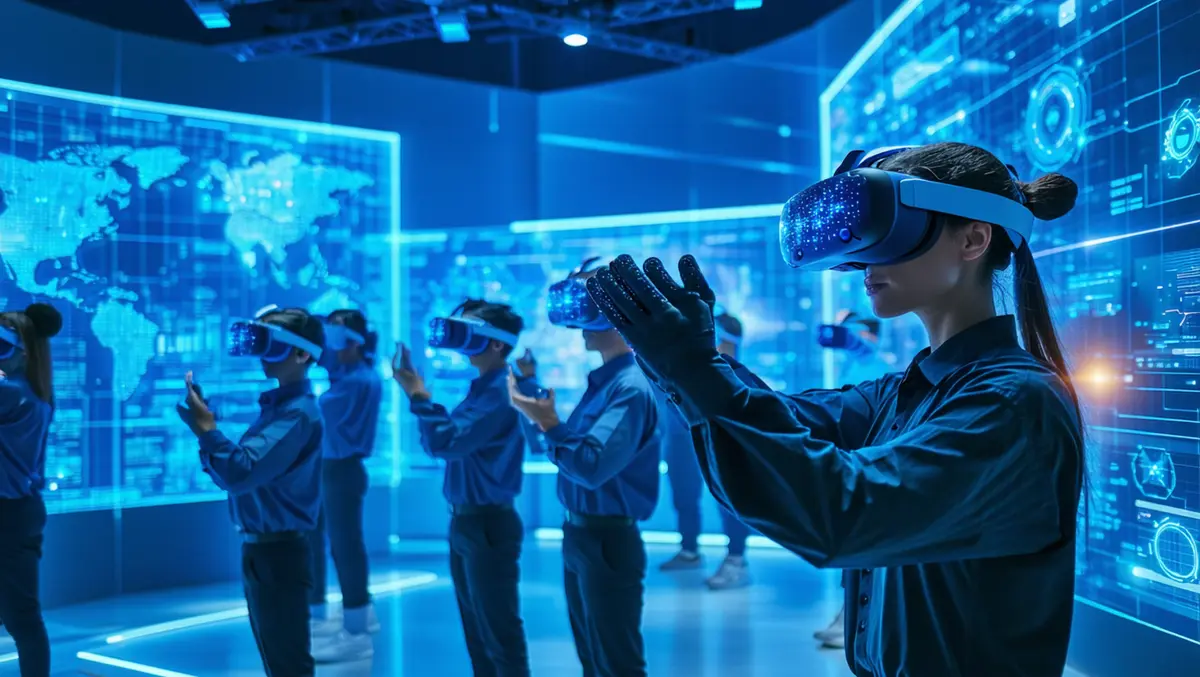Organisations are increasingly employing virtual and augmented reality (VR/AR) technologies as part of their workforce development strategies, spurred by a significant demand for human skills.
Research indicates that VR/AR job postings have soared by 154% over the past five years, underscoring a growing interest in these technologies for skills enhancement. This shift is occurring as demand for human skills in UK businesses exceeds digital skills by a factor of 2.4.
Immersive learning technologies are gaining traction due to their efficacy in addressing challenging workplace training needs that are not easily met by traditional educational methods. A new study by PwC found that employees trained via VR felt 275% more confident applying their new skills, and completed training four times faster compared to traditional methods.
Immersive learning technologies are proving especially effective in several critical workplace scenarios, such as workplace harassment prevention. The Worker Protection Act mandates that employers must implement "proactive and reasonable steps" to avert workplace harassment. Immersive learning allows employees to navigate sensitive situations in controlled settings, fostering genuine confidence in recognising, managing, and escalating issues appropriately.
The technology is also being utilised for leadership development and conflict resolution. There is currently a notable gap in confidence regarding training effectiveness; while 77% of UK employers believe their workforce receives adequate development, only 40% of employees agree. Immersive learning provides managers with the opportunity to practice difficult conversations and offer critical feedback in risk-free environments, cultivating more adept leaders.
Tackling workplace inequity is another area where immersive learning is making an impact. Although 77% of women are actively seeking to enhance their skills, only 50% feel supported by their employers, compared to 58% of men. Immersive training helps managers engage in meaningful career development conversations and recognise unconscious biases, paving the way for more equitable professional advancement opportunities.
As companies seek effective methods for scalable skill development, immersive learning technologies offer a promising solution by creating safe practice environments for complex scenarios. Virtual reality is reshaping organisational approaches to skills training. Key to this progress is democratising access to these technologies. Collaborative efforts, such as Cornerstone's partnership with Meta, highlight the commitment to broadening access to XR and enabling impactful workforce training.
The research behind these insights is derived from more than 40 TB of global job market data, spanning 200 countries and territories. This comprehensive data set includes job postings, resumes, and government data points in 11 languages.



